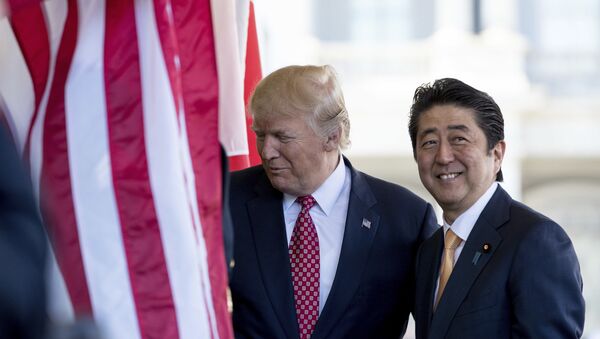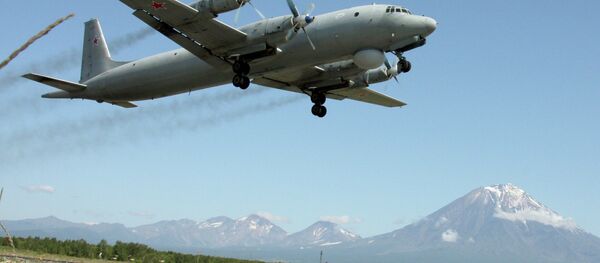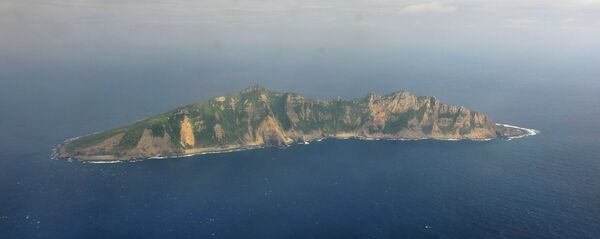Last week US President Donald Trump authorized a US missile strike on the Shayrat military airfield in Syria.
The White House specified that the attack was a response to the alleged use of chemical weapons in the Idlib province of Syria on April 4, which resulted in the death of over 80 people. The incident was immediately blamed on Damascus by Washington and its allies, although no proof was, or has since been, provided.
On Wednesday Moscow vetoed the US-UK-France-backed draft resolution condemning the Syrian government for the alleged gas attack in the country's Idlib Province.
China, Ethiopia and Kazakhstan abstained from the vote. Bolivia voted with Russia to veto the resolution.
Russia has repeatedly called for an independent investigation into the alleged use of the chemical weapons in Idlib. Ahead of the vote Russia's UN envoy underscored that the resolution served no purpose and highlighted the necessity of the Organization for the Prohibition of Chemical Weapons stepping in to investigate the case.
"We regret that Western politicians, realizing… the inevitability of the Russian veto on their draft, all the more after the unlawful attack [on a Syrian air base], still… put the draft [resolution] to the vote, forcing us to use the veto," Russian Deputy Foreign Minister Sergey Ryabkov told Sputnik on Thursday.
For their part, the US allies including Japan expressed their discontent with Russia's move turning a deaf ear to Moscow's plea to sort things out before pointing the finger of blame at Damascus.
"It is extremely regrettable that we failed to deliver a unified message at the Security Council," Chief Cabinet Secretary Yoshihide Suga said commenting on the issue.
Earlier Japanese Prime Minister Abe expressed support for the US missile strike against Syria, saying that he understands that it was "a measure to prevent further deterioration of the situation."
"The Japanese government supports the US government's determination never to tolerate the further spread and use of chemical weapons," Abe said as quoted by The Japan Times.
Commenting on the matter, Mark Moore of the New York Post noted that Donald Trump thanked Abe for his support during the call on April 8; the two leaders also vowed to "show continued resolve in response to [Bashar] al-Assad's brutal actions."
Back in December 2016 Russian President Putin raised this issue in his interview with Nippon TV and Yomiuri Shimbun newspaper.
"We should understand how practicable all our agreements are as a whole given the allied obligations Japan has assumed, how much independence there is in making those decision, and what we can hope for, what we can ultimately arrive at," President Putin emphasized.
"Japan has joined the sanctions against the Russian Federation. How are we going to further economic relations on a new and much higher basis, at a higher level under the sanctions regime?" the Russian President asked.
The situation has become even more complicated since then. Tokyo's toughened stance toward Damascus has prompted questions regarding the atmosphere of the upcoming Russo-Japanese summit. Abe is due to visit Russia on April 27-28.







